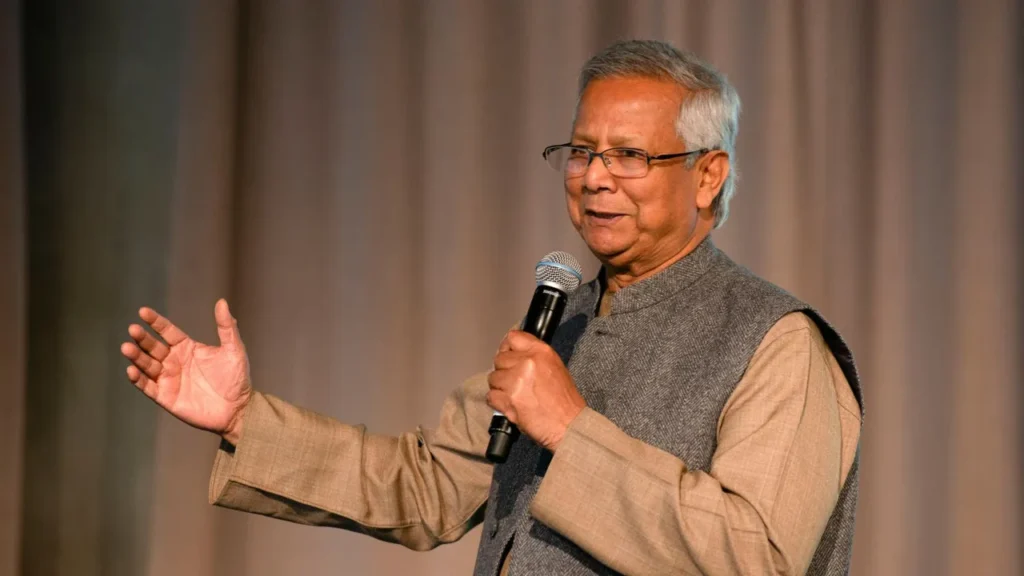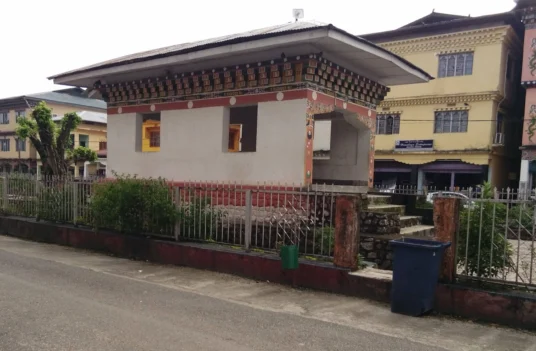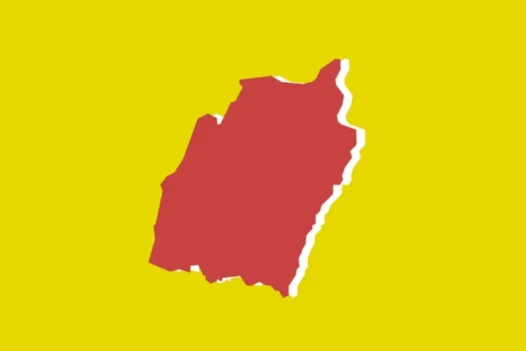Yunus faces daunting task in rebuilding Bangladesh
Prakash, a resident near Dhanmondi, Dhaka, fears for his life as rogue elements from the Jamaat-e-Islami and its student wing, the Islami Chhatra Shibir (ICS), continue to wreak havoc across the city. Although he is not an Awami League member, his outspoken views on politics and religion have made him a target. Tonight, he sleeps under the roof of a Muslim friend, Alam knowing that this sanctuary could be his only protection against the violence that grips the streets outside.
In the wake of student-led protests on August 5, which led to the ouster of Prime Minister Sheikh Hasina, the country have descended into chaos. Violence and goondaism have become rampant, with the murder of Awami League supporters, Hindus, Adivasis, and the poor falling victim to senseless brutality. Prakash is among many of those seeking safety in the homes of their Muslim friends, a poignant reminder of the bonds that endure even in the darkest times.
Yet the irony of the situation is striking. While these acts of solidarity occur, the violence continues unabated. The efforts of those defending places of worship and minority homes are overshadowed by the relentless arson and looting carried out by alleged Jamaat members and other “goons.” Over 560 people have died since the protests began on July 16, culminating in the storming of Hasina’s official residence last Monday. Among the dead are 29 Awami League members who were killed in different parts of Bangladesh. The Dhaka Tribune reported that since Hasina’s resignation on Monday, at least 232 people have died in various attacks and conflicts, with most of the deaths occurring on Tuesday.
In addition to the loss of life, numerous homes belonging to Awami League leaders and religious minorities have been burned down, Hindu temples destroyed, and scores of shops looted. “It is still a free-for-all,” said Alam (name changed), a resident near Dhanmondi who is sheltering Prakash for the night.
Professor Muhammad Yunus, who arrived in Dhaka from the US on Wednesday and took the oath of office as head of the caretaker government around 8 p.m. IST on Thursday, has called for an end to the violence. He even stated that if the violence continues, he would consider stepping down. However, it remains to be seen whether his words will have any impact. Yunus admitted that the security situation is out of control and stressed the need to protect citizens, especially minorities who are under heavy attack. Yet, even until this evening, shops continued to be set on fire, and people were threatened with dire consequences if they did not vacate their homes.
Yunus also warned of potential spillover effects into neighbouring regions if the crisis in Bangladesh continues, particularly in West Bengal and the “seven sister states” of Northeast India. His statement has received mixed responses in India. Political leaders from Northeast India were quick to respond, saying, “He must restore order in his own country first, and not worry about us. We will not allow a repeat of what happened in the past.”
The Indian government, however, has taken a more calculated stance. While congratulating Yunus on assuming charge of the interim government, India has also raised concerns about the protection of religious minorities in Bangladesh. Prime Minister Narendra Modi took to X, stating, “My best wishes to Professor Muhammad Yunus on the assumption of his new responsibilities. We hope for an early return to normalcy, ensuring the safety and protection of Hindus and all other minority communities.”
For people like Alam, who worked hard to see the end of Hasina’s regime, these new developments are difficult to comprehend. A university professor, Alam was one of the many teachers who motivated students to protest against Hasina’s dictatorship. Today, he was with the students still on the streets, providing them with food and encouraging them to stand guard against the “forces of destruction,” who he believes want to maintain the chaos. “I don’t know how Yunus shaeb is going to bring things under control with the people he has chosen for his cabinet,” Alam says, hinting at possible discontent among many regarding the interim cabinet. “I know for a fact that many of the students who are protesting and even leading the protests are not sure if this is what they want,” Alam added, referring to the new cabinet.
The likes of Alam are not sure on who is going around looting shops and killing people, but he is certain “these are people with connections and backing,” and the attempt is to exploit the situation to the fullest and “grab as much land as possible from the poor people as possible.” While the most affected are representatives of the Awami League, Hindus and others like poor Adivasis and even some Muslims seen as close to the former are the main targets.
Others believe that many within the cabinet, who have been politically active and part of previous governments led by the Bangladesh Nationalist Party (BNP), “would know the political game well.” It remains to be seen how the interim government will prioritise its plans. The first priority, of course, is to restore law and order and protect the lives and properties of both Muslim leaders of the Awami League and minorities like Hindus.





